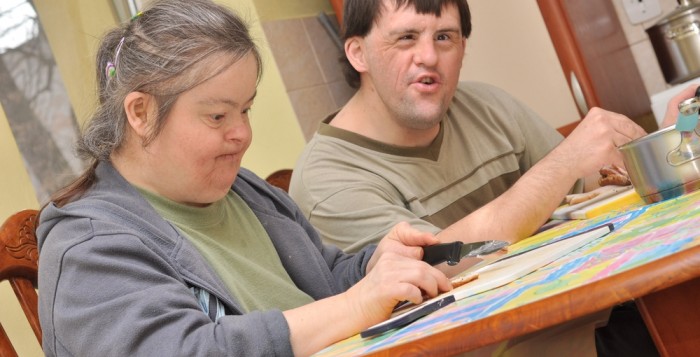Our colleagues at ASERT share important information and advice each month through their regular newsletter. In their most recent issue, ASERT offers suggestions for families that may be planning trips and vacations for the summer months ahead, noting that Pennsylvania has over 10 amusement parks designed for maximum family fun. Autism service providers and families, as well as those who work with and care for special needs children, know that sometimes these venues can be overwhelming and stressful for all involved. Some of the suggestions provided for families and for adults that are supporting and supervising children are to:
- Call Ahead: Many parks offer special programs to individuals with special needs and their families.
- Map it Out: Before arriving, be sure to review a map of the park and note where things like restrooms and quiet areas are so that you can access them easily when needed.
- Pack Smart: Amusement parks can be loud and chaotic at times. If someone has sensitivities to noises, be sure to pack headphones, ear plugs, or other items to help them manage the environment.
- Go Early or Late: Some parks offer “preview” packages or discounted admissions for arriving later in the day.
Read the full article on “Amusement Park Tips” as well as other information that supports the work of community providers of autism services and the families of individuals with autism – and consider signing up for regular ASERT updates.


















